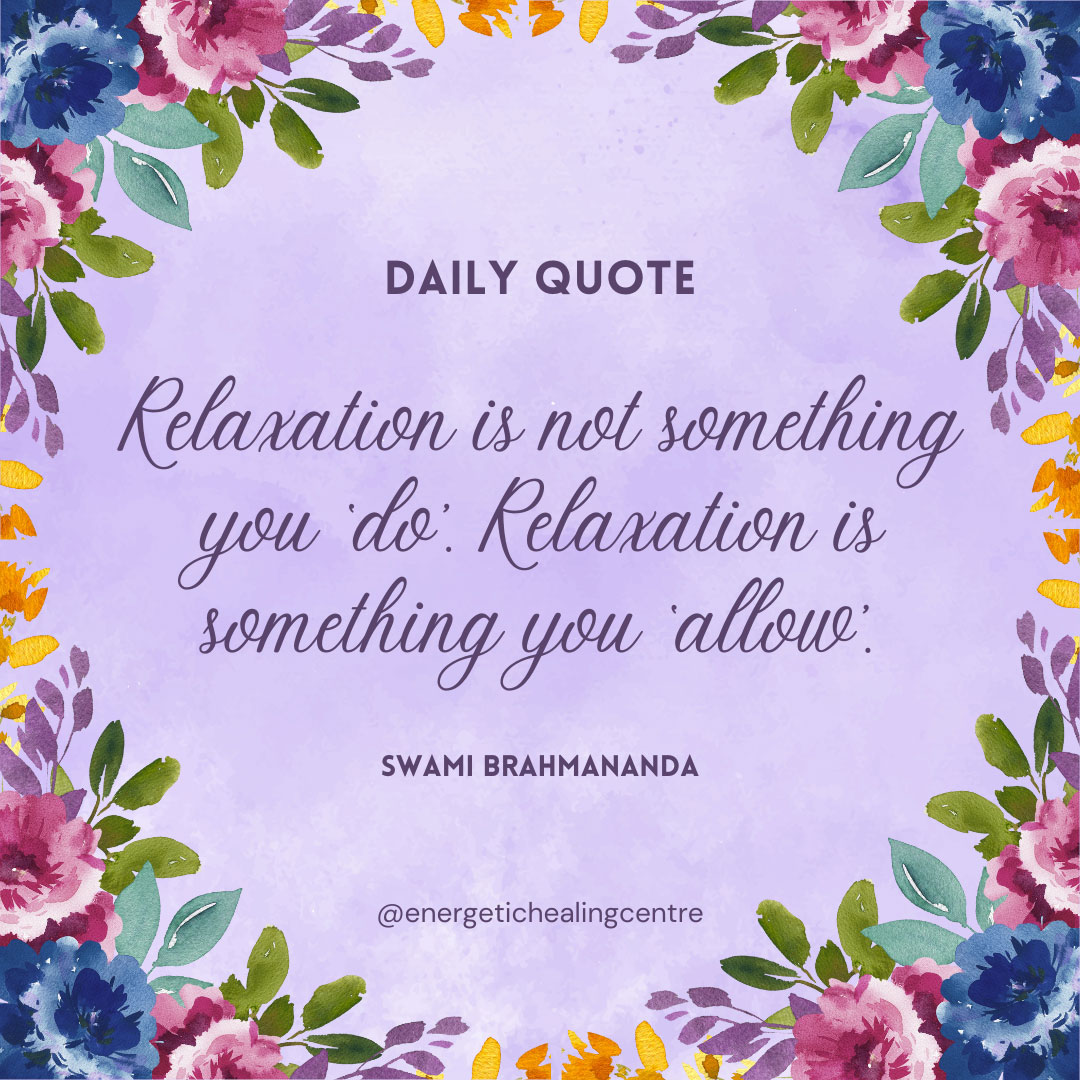Relaxation is key for stress reduction. Experiencing stress without calming and peaceful outlets is detrimental to your health and well-being. Taking time for yourself to relax in whatever ways that work for you will improve mood, quality of sleep, immunity, energy, productivity and more. A well regulated nervous system is everything! Understanding how your nervous system works and the ways you can activate the relaxation response can change your life, helping you navigate stress and anxiety with self awareness and a proactive approach to your health and well-being.
What is the relaxation response?
Dr. Herbert Benson, a cardiologist, professor and author coined the term ‘relaxation response’ in the late 1960’s. He explains it as “a natural innate protective mechanism which allows us to turn off harmful effects from stress through changes that decrease heart rate, lower metabolism, decrease rate of breathing, and in this way bring the body back into a healthier balance.”
The nervous system consists of your brain, spinal cord and an intricate network of nerves. When you’re under stress, the sympathetic nervous system is triggered and the body is in ‘fight or flight mode’ sending signals to your adrenal glands which release hormones that increase your heart rate, blood pressure and other physiological responses.
When you’re in a relaxed state, your parasympathetic nervous system is activated, releasing hormones that help to slow down your heart and breathing rates, reducing muscle tension and promoting a feeling of general wellbeing, which is the “relaxation response”.
“Relaxation is not something you ‘do’. Relaxation is something you ‘allow’.” – Swami Brahmananda
There are tons of ways to stimulate the relaxation response and reduce the stress response. Here are 10 ways that stimulate the relaxation response. Try them with this information in mind and choose what feels good for you by gauging how your body and mind feel before, during and after each activity.
10 ways to activate the relaxation response
Exercise
All forms of exercise help to release endorphins, natural feel good chemicals released form the brain, helping you feel energetic and relaxed, relieving stress, tension, anxiety and depression.
TIP: Try more relaxing forms of exercise like swimming, hiking, yoga or tai chi
Yoga
Practicing yoga connects you with your body and breath, which helps you feel more present, calm and grounded. The poses and deep breathing balance your energy system and create a calming effect on your body, mind and spirit.
TIP: Try combining 30 minutes of active asana and 30 minutes of restorative yoga
Nature
Being in nature helps you engage with a few of your senses all at one time. The beautiful scenery, sounds and smells help you feel more present and uplifted, balancing your nervous system and creating a peaceful energy.
TIP: Try enjoying nature while doing a relaxing exercise or meditation to double the benefits.
Aromatherapy
Essential oils stimulate your sense of smell, sending signals to the brain that affect your mood and emotions, enhancing wellbeing. The nerves in your nose generate signals in your brain which release chemicals that help relieve stress and anxiety by helping you feel relaxed, calm, grounded or uplifted, depending on the specific essential oil you’re using.
TIP: Try Lavender for relaxation and better sleep or Patchouli for grounding and anxiety reduction
Taking a bath
Creating a physically tranquil environment by sitting in a warm bath is very calming for the nervous system. It increases your core body temperature so your muscles relax and your blood pressure goes down, releasing the feel good chemical serotonin in your brain easing stress and anxiety and promoting a restful night’s sleep.
TIP: Try adding Epsom Salt and/or essential oil to the bath for added relaxation benefits
Breathing exercises
Breathing is your body’s built in stress reliever. When you breathe deeply, it sends a message to your brain to calm down and relax. Deep, mindful breathing immediately activates the relaxation response.
TIP: Try taking just one deep breath every hour to enjoy consistent benefits
Mindfulness meditation
Having mindful awareness of your body and mind can slow down racing thoughts which helps you feel more calm and relaxed. By focusing on sensations, emotions and thoughts in the present moment (without judgment) can greatly reduce stress and anxiety.
TIP: Try practicing mindfulness when you brush your teeth, eat a meal, drive your car or listen to music
Massage
Massage therapy relaxes the muscles and releases natural feel good hormones and chemicals that decrease stress, muscle tension and pain which have a positive effect on the physical body and mental state.
TIP: Try self massage too, like rubbing your own feet
Sex
Enjoying the act of sex and connecting intimately with your partner through touch, increases the feel good hormones and chemicals in your body, creating relaxation, boosting mood and improving sleep.
TIP: Try solo sex or simply cuddle
Soothing music
Music is extremely effective for stress management and has the ability to profoundly affect your emotions and physical body in the most positive ways. Especially music with slower tempos and healing sounds that provoke peace and serenity for the mind and body.
TIP: Try classical music, nature music, ambient music or sound healing
It’s important to have a healthy connection with your relaxation response, knowing how your body and mind feel when you’re experiencing it and knowing which ways help you easily access it. If you’re interested in trying simple restorative yoga or desk yoga practices to help activate the relaxation response, go to my Youtube channel.

